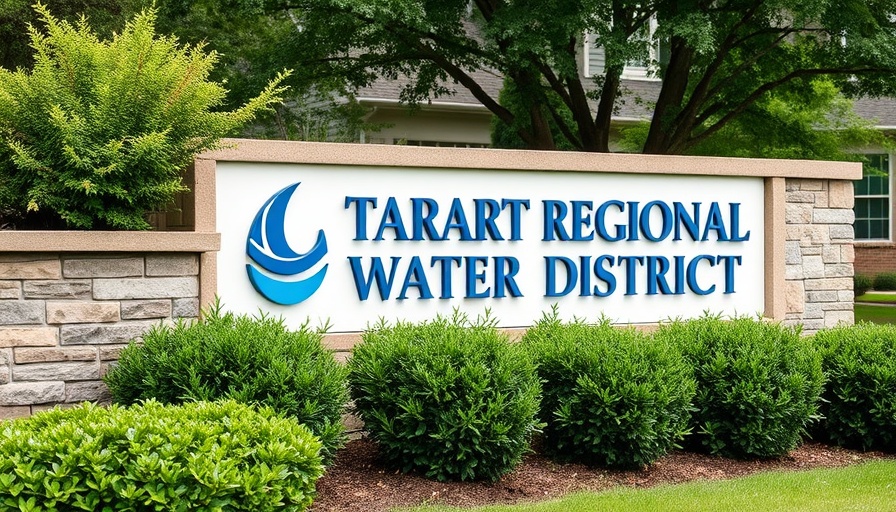
$5.6 Million to Fort Worth-Area Districts: A New Hope for After-School Programs
In a significant boost for education in Fort Worth, the U.S. Department of Education has released $5.6 million dedicated to after-school programs across three crucial school districts—Fort Worth, Crowley, and Castleberry. The announcement comes as part of a larger distribution of $1.4 billion allocated for after-school initiatives nationwide, aimed at enriching the learning experiences of children and providing essential support to families in communities with high rates of economic hardship.
The Impacts of Federal Funding on Local Education
Superintendent Karen Molinar, a strong advocate for after-school programs, has emphasized the importance of this funding in her strategy to uplift Fort Worth ISD's academic performance. "We do want to celebrate that part of the funding," she stated during a recent board meeting, highlighting how these programs are not just an addition to the education system, but a vital part of their long-term goals for improvement.
The importance of after-school programs can’t be understated. For many students, these programs offer a safe environment where they can engage in educational activities, receive tutoring, and participate in sports and arts. Furthermore, they provide much-needed relief for working parents, who can depend on after-school programs to care for their children.
A Response to Community Needs
Eligibility for this funding is based on the poverty level of the schools involved, requiring that at least 40% of students come from low-income families. This ensures that support goes to the areas that need it most, directly impacting families in the Fort Worth community. Over 88 positions tied to these federally backed programs now find themselves with renewed hope after facing uncertainty when funding was initially frozen.
Broader Implications for Fort Worth
However, the narrative does not end here. While $5.6 million brings a sigh of relief, the Fort Worth area is still facing delays in over $17 million allocated for other educational needs, such as mental health support and college counseling initiatives. This presents a critical challenge for the district's leadership, which has been juggling multiple funding streams to address various student needs.
As the educational landscape shifts and funding priorities are debated, local leaders are urged to advocate for consistent and equitable funding solutions that can sustain programs vital to the community’s development. "If we’re not going to have this funding any longer, then we need to start thinking differently," Molinar noted, indicating a proactive approach as they navigate these complex challenges.
Looking Forward: Why Community Support Is Vital
Community engagement plays a pivotal role in the success of education programs. The support for after-school initiatives highlights not just a governmental directive, but a collective responsibility to uplift every child in the community. The voices of parents, educators, and concerned citizens are essential during these times of transition.
As Fort Worth celebrates this increase in funding amidst challenges, residents are reminded of the importance of staying informed and involved in educational discussions. By advocating for strong after-school programming and supporting local initiatives, the Fort Worth community can help ensure that every child has an opportunity to thrive.
For those wishing to explore more ways to contribute to local education initiatives, consider joining advocacy groups or following local news sources to stay up to date with funding developments and best practices for community involvement.
 Add Row
Add Row  Add
Add 




Write A Comment